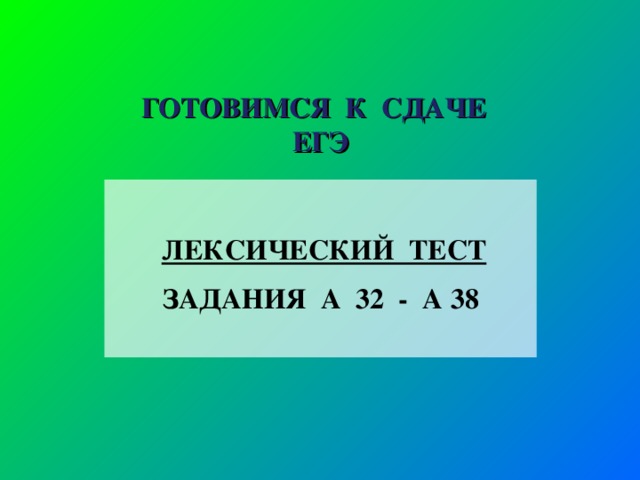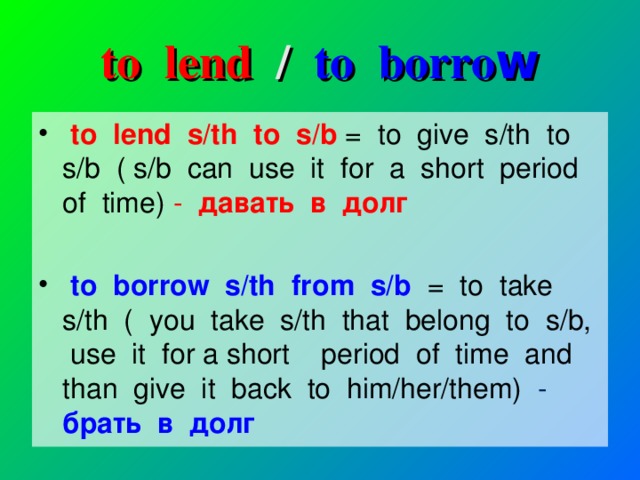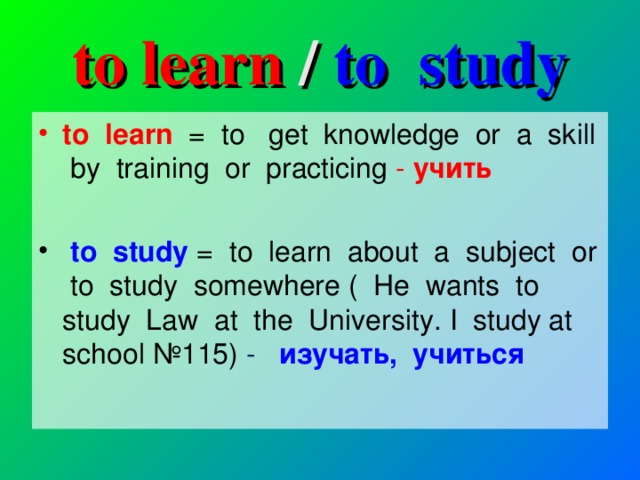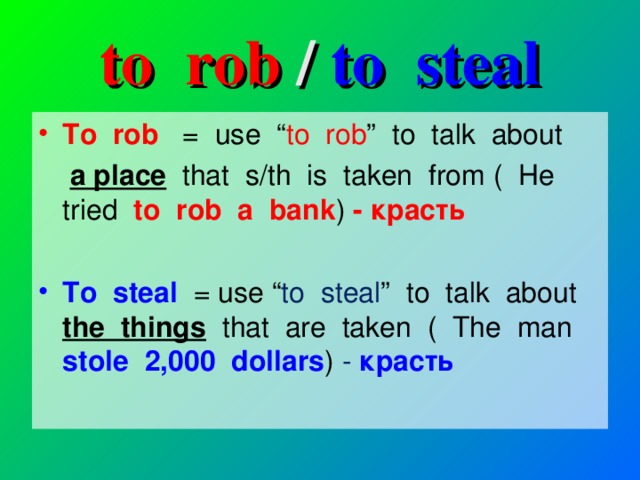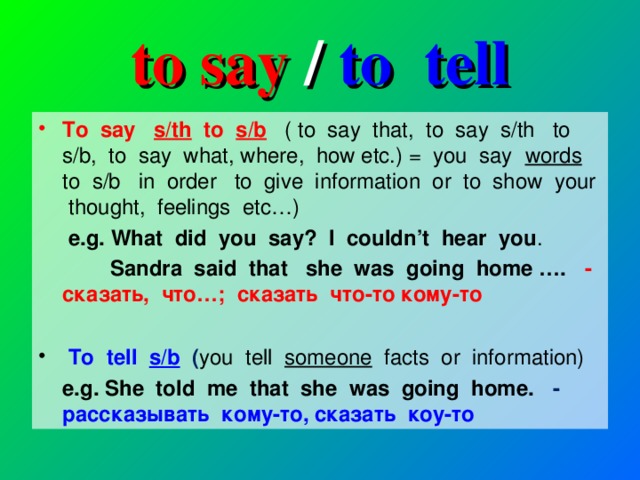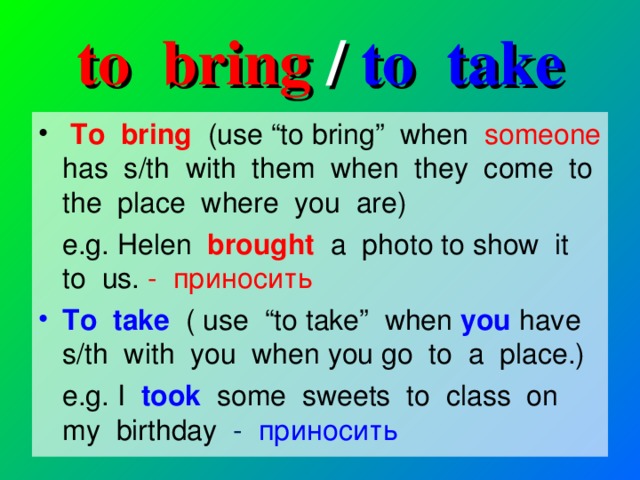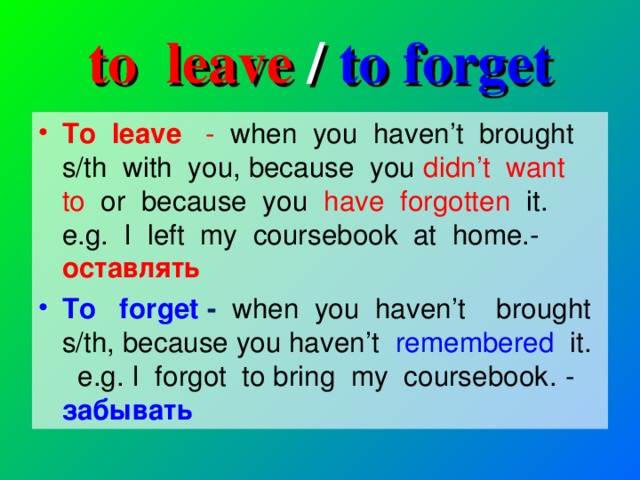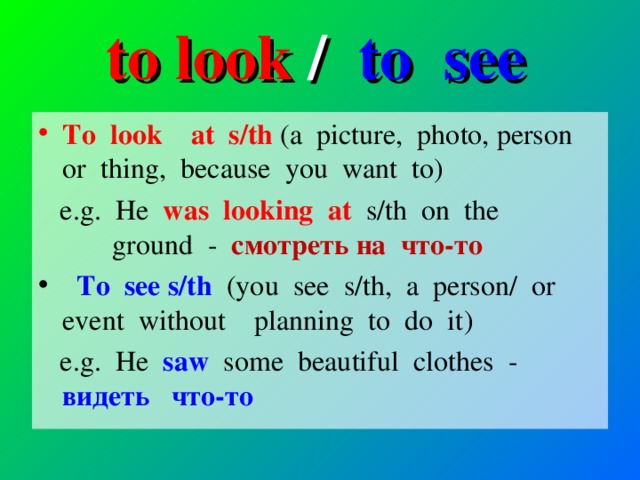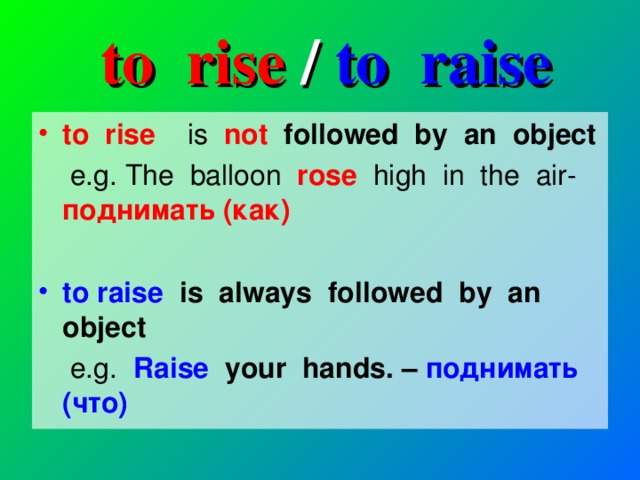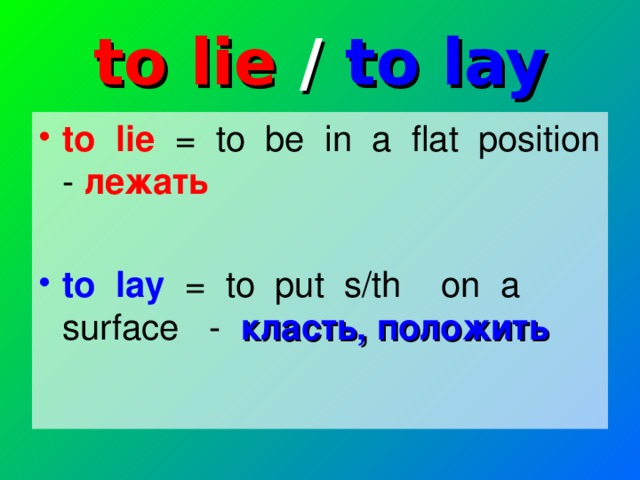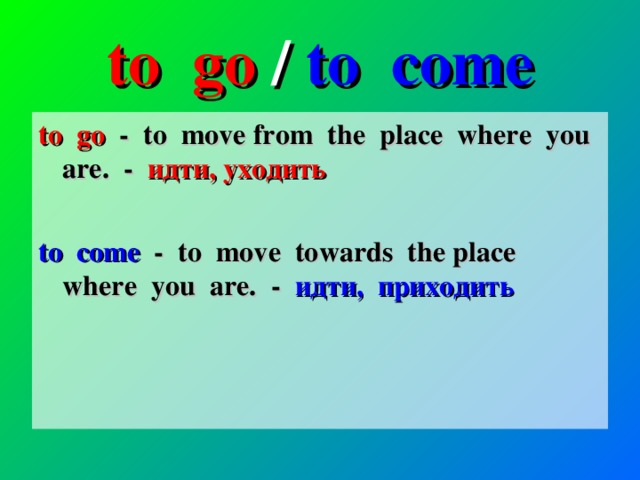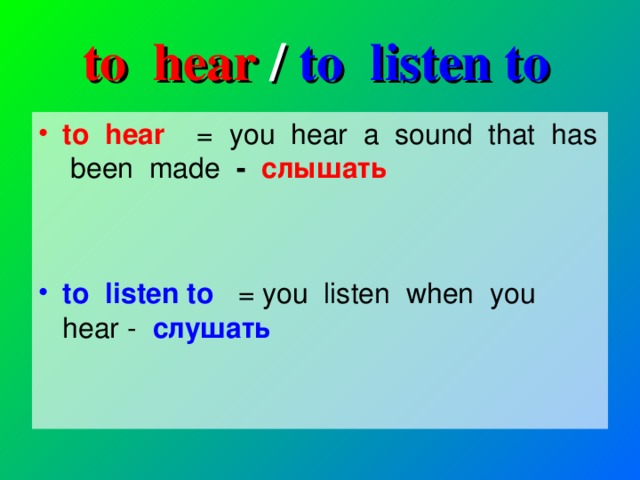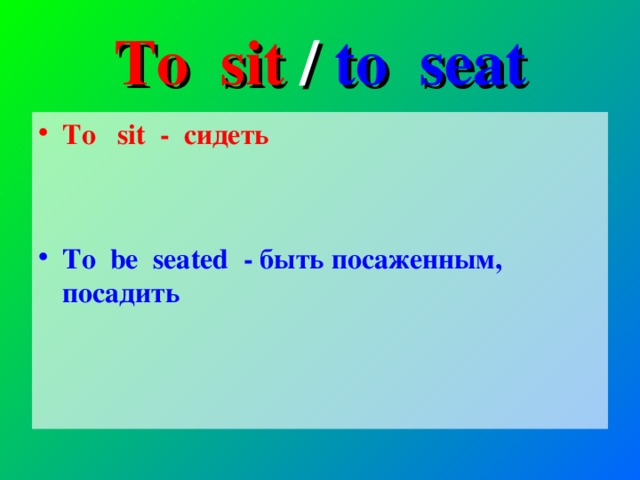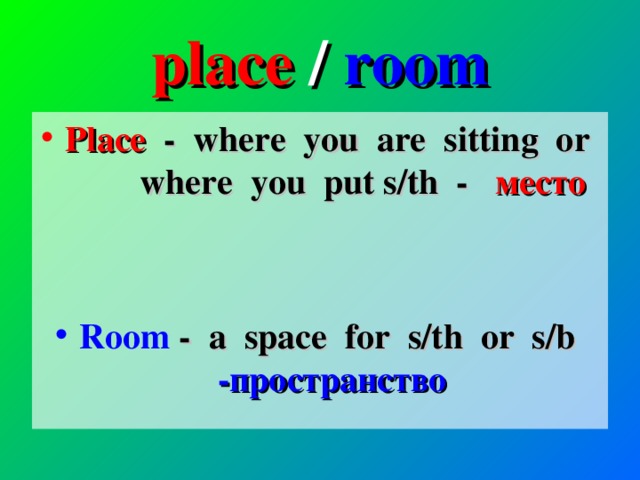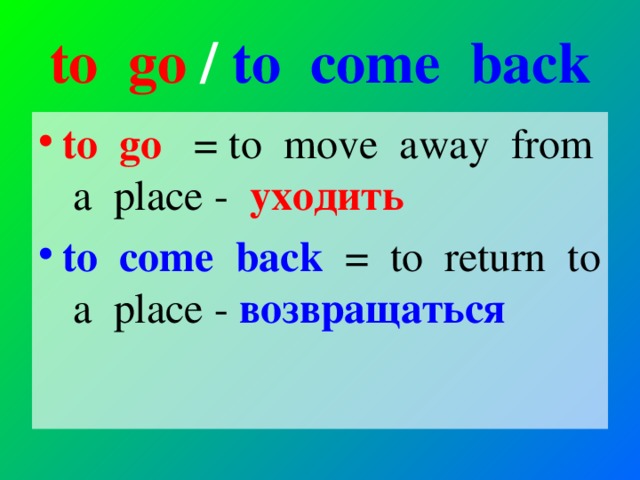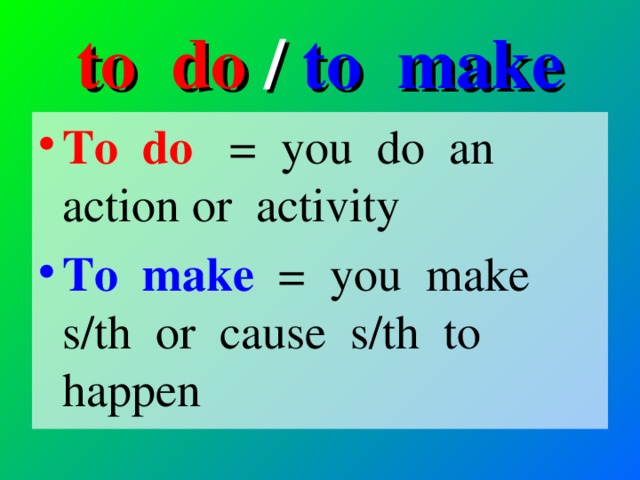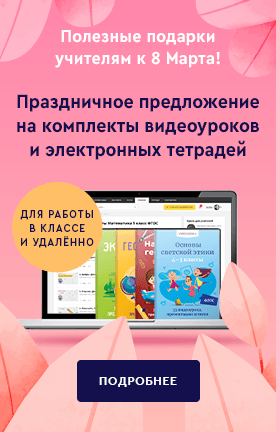Данная презентация предназначена для обучения детей работе с большим фразеологическим словарем ОКСФОРД. Используется в качестве методического пособия при подготвке к выполнению лексического теста в формате ЕГЭ и ОГЭ, в частности при работе с глаголами, которые легкло спутать. Учитывая особенености английского языка, где лексичекое значение слов оганичено конкретным контекстом, для достижения конечной цели развитии коммуникативной компетенции учащихся, необходимо научить детей пользоваться английскими толковыми словарями, которые дают конкретное толкование иностранных слов и сферу их употребления в речи.
Создайте Ваш сайт учителя Видеоуроки Олимпиады Вебинары для учителей
Обучение работе с фразеологическим словарем по теме "Глаголы, которые легко спутать"
Вы уже знаете о суперспособностях современного учителя?
Тратить минимум сил на подготовку и проведение уроков.
Быстро и объективно проверять знания учащихся.
Сделать изучение нового материала максимально понятным.
Избавить себя от подбора заданий и их проверки после уроков.
Наладить дисциплину на своих уроках.
Получить возможность работать творчески.
Просмотр содержимого документа
«Обучение работе с фразеологическим словарем по теме "Глаголы, которые легко спутать"»
Полезное для учителя
Распродажа видеоуроков!
1520 руб.
2530 руб.
1600 руб.
2660 руб.
1610 руб.
2690 руб.
1610 руб.
2690 руб.
ПОЛУЧИТЕ СВИДЕТЕЛЬСТВО МГНОВЕННО
* Свидетельство о публикации выдается БЕСПЛАТНО, СРАЗУ же после добавления Вами Вашей работы на сайт
Удобный поиск материалов для учителей
Проверка свидетельства
